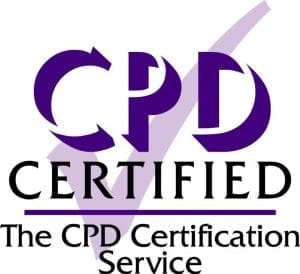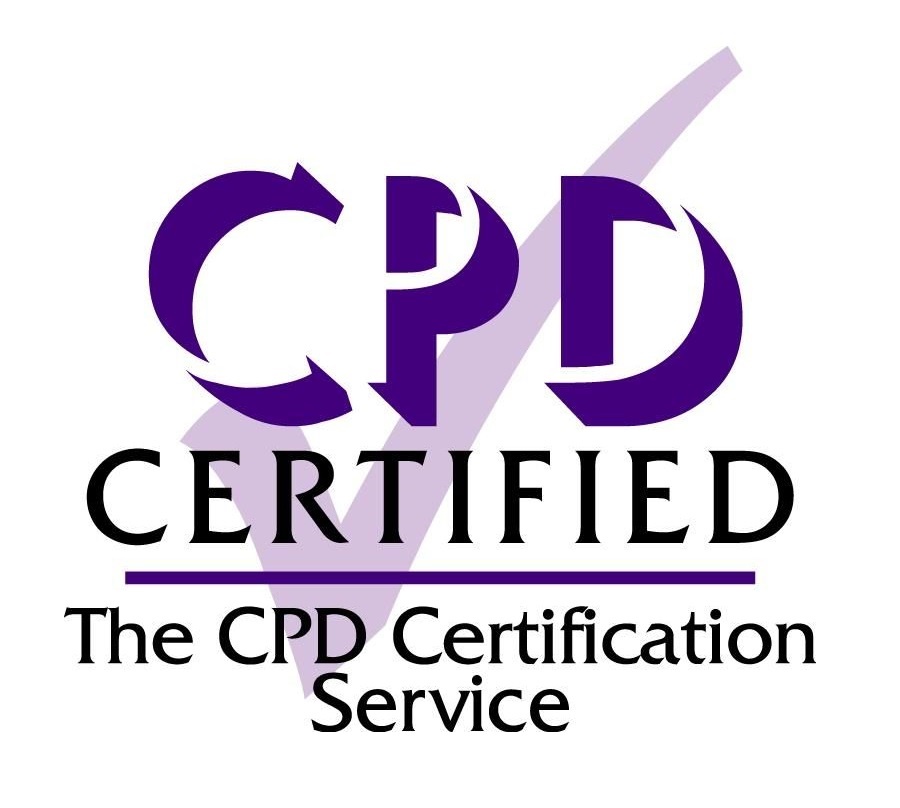
An Intensive 5-day Training Course
Certificate in Smart Leadership

UPCOMING SESSIONS
| Date | Venue | Fee | |
|---|---|---|---|
| 10-14 Nov 2025 | Amsterdam - The Netherlands | $5,950 | RESERVE A SEAT |
| 24-28 Nov 2025 | Dubai - UAE | $5,950 | RESERVE A SEAT |
| 02-06 Feb 2026 | London - UK | $5,950 | RESERVE A SEAT |
| 06-10 Apr 2026 | Dubai - UAE | $5,950 | RESERVE A SEAT |
| 11-15 May 2026 | London - UK | $5,950 | RESERVE A SEAT |
| 29 Jun-03 Jul 2026 | Houston - USA | $7,950 | RESERVE A SEAT |
| 24-28 Aug 2026 | Vienna - Austria | $5,950 | RESERVE A SEAT |
| 09-13 Nov 2026 | Amsterdam - The Netherlands | $5,950 | RESERVE A SEAT |
Training Course Overview
This Certificate in Smart Leadership training course and empower yourself to steer organizations toward success in the dynamic 21st-century landscape. Rooted in visionary thinking, agility, and an openness to change, this course cultivates innovative leadership that encourages teams to challenge norms, fostering a culture ripe for creativity and breakthroughs.
By adopting strategic thinking principles, nurturing innovation culture, and harnessing team talents, smart leaders will confidently navigate uncertainty, unlocking new vistas of opportunity and sculpting a brighter future for their organizations.
Highlighted features of this Anderson training course include:
- Establishing the fundamentals of strategy and leadership.
- Cultivating an innovation-centric culture.
- Leveraging multiple intelligences to spur creativity.
- Identifying, engaging, and motivating creative individuals.
- Guiding a creative process for innovation development.
Training Course Objectives
By the end of this Anderson training course, participants will be able to:
- Identify the principles of innovative leadership
- Analyze the common myths and misconceptions about innovation
- Solve any problem or issue with creative methodologies
- Apply ‘multiple intelligences’ to generate ideas
- Practice a process for team innovation
Designed for
This training course is intended for those who want to learn how to transform or improve their operations and organisations through the successful application of strategies and business process improvements using higher levels of creativity for innovation.
This Anderson training course is suitable to a wide range of professionals but will greatly benefit:
- Supervisors/Line Leaders
- Team Leaders/Unit Heads
- Managers of all Levels
- Departmental leaders
Learning Methods
This Anderson training course will utilise a variety of proven adult learning techniques to ensure maximum understanding, comprehension and retention of the information presented. This includes experiential exercises, targeted self-assessments, video examples, skill practices, case studies, team activities and group discussions.
The Course Outline
- Innovative leadership for excellent performance
- The Critical mass for change and innovation
- Innovation VS Constant Improvement
- How a Leader Creates a Culture of Innovation
- Case Study on Most Innovative Companies
- Innovation and current business breakthroughs
- The G.E. “Workout” Strategy for engaging Employees
- Gaining the “Buy-In” from the workforce
- Developing Creative Solutions for problems and new Strategies
- Overcoming old Paradigms
- Dealing with Organizational “Drift”
- Case Study on Gaining Empowerment
- Developing Creative Potential in People and Teams
- Managing Creative People
- Learning new Thinking Skills
- Learn New Brainstorming Techniques
- How to Incubate New Ideas
- Gaining Collaboration in the Workforce
- Creative Group Exercise: Identifying new business processes
- The Ten Key Elements to Setting up New Missions
- Setting Goals and Targets Creatively
- Creating a “Sense of Significance”
- Using Emotional Intelligence to Motivate people
- Rewarding Performance
- The Four Step “Pygmalion” theory
- Group and Team Motivators
- Managing the Change Process
- Kotter’s Change Management Techniques
- Successful techniques for Changing People
- How a Leader Communicates a Sense of Urgency
- How to Overcome the Pitfalls of Change
- Creating an Attitude of Constant Change
- Course Review
Accreditation

The content of the following has been certified by the CPD Certification Service as conforming to continuing professional development principles
The Certificate
- Anderson Certificate of Completion will be provided to delegates who attend and complete the course.
- CPD Certificate will be issued to participants who successfully completed the training course aligned with the international standards of The CPD Certification Service
Learn More About
this course
How can I register for a training course?
There are several convenient ways to register for our training programs:
- Online: Explore our training calendar, choose the course that suits your needs, and click the “Register Now” button on the course details page.
- Email: Share your details, including your name, organization, email address, and selected course, by sending an email to [email protected]
- Phone: Reach out to us directly at +971 4 273 3503, and our team will guide you through the registration process.
When will I receive confirmation of my registration?
Once your registration is successfully completed, you will receive a confirmation email within 24 hours. This email will contain your registration details, invoice, and the necessary joining instructions for the course.
What does the training fee cover?
Where are your training courses held?
Our training programs are hosted at luxurious five-star hotels in prestigious destinations across the globe. Some of our popular locations include Dubai, London, Kuala Lumpur, Amsterdam, New York, Paris, Vienna, and many other iconic cities.
Can I request customized corporate training?
Yes, we offer tailored corporate training solutions to meet your organization’s specific needs. Please contact us at [email protected] or call +971 4 273 3503 for more information.
RELATED COURSES











